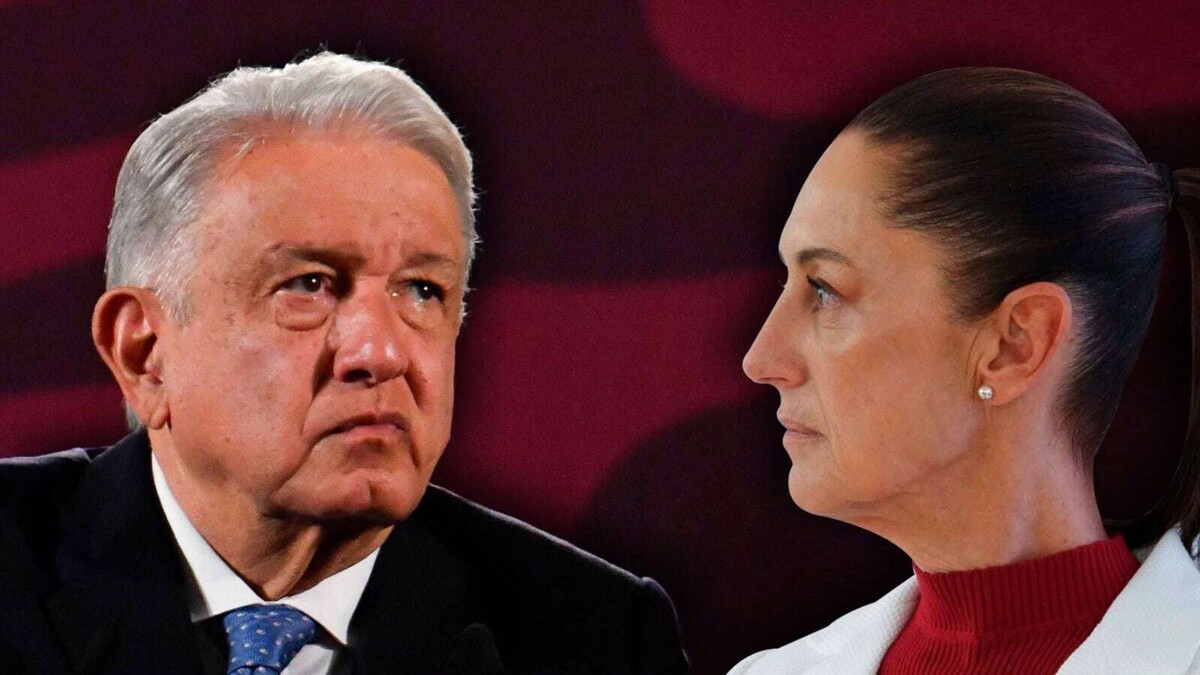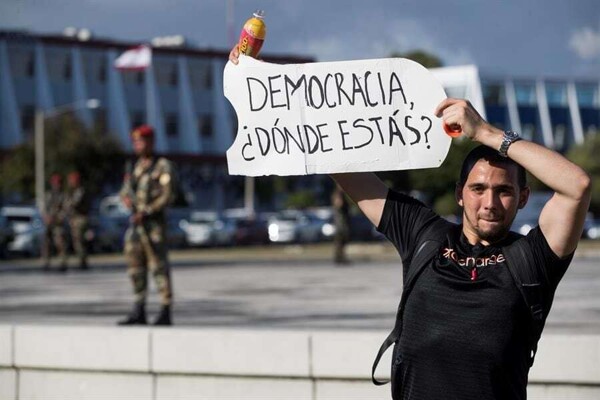
In Mexico, a power struggle has erupted between the President and her predecessor, Andrés Manuel López Obrador. During a session in the Senate, the opposition highlighted that the reelection of Rosario Piedra is seen as an imposition by the former president, who selected her to weaken the National Human Rights Commission.
The federal government has supported Piedra, generating discontent among the opposition. López Obrador, despite not being in the presidency, continues to exert a strong influence over decisions in the country. Many members of the Morena party owe their positions to the former president, which reinforces his standing.
The current President, Claudia Sheinbaum, has tried to maintain some independence, but the constant vetoes and pressures from López Obrador have limited her maneuvering space. Even in matters such as the appointment of officials or the legislative agenda, the former president still sets the tone.
In the recent reelection of Rosario Piedra at the head of the CNDH, the political weight of López Obrador was evident, as he managed to impose his will despite the discrepancies. The former president remains active in decision-making, even communicating directly with his operators through an encrypted system called 'the red phone'.
Sheinbaum, for her part, has attempted to maintain her autonomy in the Presidency, but the influence of López Obrador is constantly felt. The power struggle between the two leaders has revealed the complex political dynamic in Mexico, where the former president remains a key figure in decision-making.














